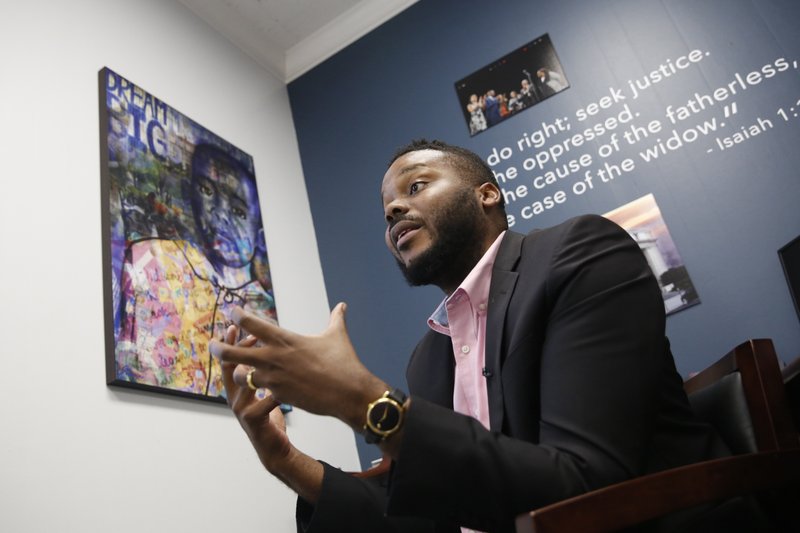$ 500 per month: what do unconditional basic income recipients spend their money on?

The head of the program discusses the experiment with reporters
In February, in the state of California, USA, an experiment began to pay unconditional income of $ 500 to volunteers participating in the program. They became 125 people from the town of Stockton. One of the conditions is the amount of family income that does not exceed $ 46,033 per year. For the United States, this is one of the first experiments with unconditional income.
The duration of the program is 18 months. One of the tasks is to find out what the program participants spend the money on. There are no special surprises here - $ 500 is spent on food, clothing and paying bills (in total this is about 70% of the income). However, for Stockton these are important results, as opponents of the experiment argued that the money would be spent on gambling, drinking and drugs.
The mayor of the city believes that the results of the program allow us to talk about the possibility of scaling up the project - it can be started to be implemented in other regions of the USA.
“In our country there is a problem with people who don’t have enough money, as well as with people of color - it is believed that their main needs are drugs, alcohol and gambling. But no, the results of our experiment show that these guys do not spend money on such things. They use funds to get basic needs, ”said Stockton Mayor Michael Tubbs.
Opponents of the experiment with unconditional basic income believe that if the money were paid not for a year and a half, but longer, then the program participants would buy just these drugs, alcohol and participate in gambling. But since volunteers know that payments will end soon, they use funds to cover basic needs. There is also an opinion that the results of testing the program on a small number of volunteers are not indicative. Data from the experiment will not help predict the results of larger, longer-term experiments at the state or country level.
According to one expert who opposes the payment of unconditional basic income, people will not change their habits if they know that money will come in for several years. In this case, the funds that the program participants will receive will be considered by them as an opportunity to provide themselves with additional pleasures.
The problem with the money of such programs is that part of the funds (on average 40%) is withdrawn in the form of a cache, that is, it is impossible to track what they are spent on. The remaining 60% is paid from the card by bank transfer - to pay taxes, rents, etc. True, only about 11% of the funds that can be tracked go to the rent, 9% - fuel purchase and repairs. 40% of the money goes to food.
Everything else - all sorts of services, medical expenses, insurance, leisure, education.
43% of program participants work full time or partially. Only 2% are unemployed who are in search of work. 8% are pensioners, 20% are people with any degree of disability, 10% are looking after children or relatives.
According to representatives of the program, many of its participants pay for the needs of their children from the funds paid. It can be a graduation class, a trip somewhere or something else that allows you to bring joy to your child.
An example is the experience of two program participants - a family of two, a woman of 48 years old and her husband. At the time of launch, she was unemployed, he worked as a trucker, receiving $ 110 per day. They always delayed paying their bills, and financial problems caused marriage problems.
As soon as money began to arrive on the couple’s card, the couple set up automatic payments of electricity bills, car insurance and TV. There was enough money for other items of expenditure. Now the couple got a job at the Tesla Gigafactory in Fremont.
All Articles